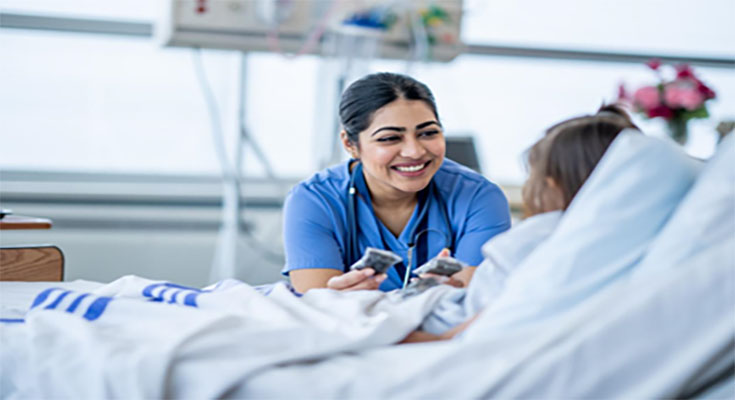
Effective Learning For The Modern Student
With all of the distractions that are available today, it can be hard to focus on studying and learning. But being an active learner will help you achieve academic success. To be an active learner, you should engage with your instructors and fellow students, take notes in a way that works for you, and use study groups.
Be an active learner.
Active learning is a process of learning that involves the learner in the learning process, rather than a passive process where the learner is simply a receiver of information. Active learning can help you retain information better than passive learning, learn more efficiently, and understand concepts better.
To be an active learner:
Use study groups.
Study groups can be an excellent way to gain an edge in your studies. The benefits of study groups include:
- Increased motivation and accountability
- Shared knowledge, resources, and insight
However, in order for a …
Effective Learning For The Modern Student Read More


